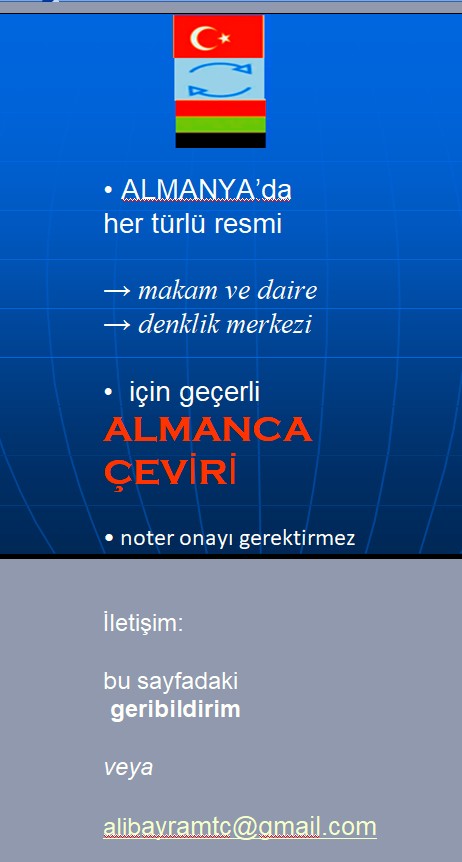meteorological
İngilizce - Türkçe
sıklık sırası: 15816sıfat / adjective – physical geography
meteorological
Meteorological data: Information or statistics related to atmospheric conditions, weather patterns, or phenomena.
Meteorological conditions: The prevailing atmospheric circumstances or factors affecting the weather at a specific time or place.
Meteorological events: Specific occurrences or incidents related to atmospheric phenomena like storms, hurricanes, or tornadoes.
Meteorological forecasting: The process of predicting future weather conditions based on scientific analysis, models, and data.
Meteorological models: Mathematical or computational representations used to simulate atmospheric processes and forecast weather.
Meteorological instruments: Tools or devices designed to measure, record, and analyze atmospheric variables such as temperature, pressure, and humidity.
Meteorological patterns: Recognizable sequences or trends in atmospheric conditions observed over specific periods or regions.
Meteorological satellite: A spacecraft designed to observe, monitor, and collect data on Earth's atmosphere and weather systems.
Meteorological station: A designated location equipped with instruments for observing, recording, and monitoring atmospheric conditions.
Meteorological phenomenon: An observable event or occurrence related to the Earth's atmosphere, such as rainbows, auroras, or lightning.
Meteorological research: Scientific investigation into atmospheric processes, phenomena, patterns, and interactions to enhance understanding and prediction capabilities.
Meteorological variables: Factors or elements within the atmosphere that can change and influence weather conditions, such as temperature variations or wind patterns.
Meteorological analysis: The study, examination, and interpretation of meteorological data to understand past, present, or future weather conditions and patterns.
Meteorological observations: Recorded data, measurements, or notes regarding specific atmospheric conditions or events at particular times and locations.
Meteorological disturbances: Abnormal or disruptive changes in atmospheric conditions that can lead to severe weather events or phenomena.
Meteorological systems: Organized structures or patterns within the atmosphere, such as high and low-pressure systems, cyclones, or anticyclones.
Meteorological parameters: Specific measures, indicators, or variables used to describe, analyze, and monitor atmospheric conditions and phenomena.
Meteorological trends: Long-term changes or shifts in atmospheric conditions, weather patterns, or phenomena observed over extended periods.
Meteorological observations: The systematic collection, recording, and analysis of atmospheric data or information using specialized instruments, methods, or techniques.
Meteorological anomalies: Unusual or unexpected atmospheric conditions, patterns, or events that deviate from typical or normal weather patterns.
Meteorological phenomena: Natural events, occurrences, or phenomena occurring within the Earth's atmosphere, such as cloud formations, precipitation, or atmospheric pressure changes.
Meteorological systems: Complex atmospheric structures, formations, or patterns that influence weather conditions, phenomena, or events, such as hurricanes or tornadoes.
Meteorological monitoring: Continuous surveillance, observation, or tracking of atmospheric conditions, patterns, or phenomena using various instruments, techniques, or systems.
Meteorological variables: Key elements or factors within the atmosphere that are measured, monitored, and analyzed to understand and predict weather patterns, conditions, or events.
Meteorological data collection: The systematic gathering, compilation, and analysis of atmospheric data, information, or statistics using specialized methods, instruments, or systems.
Meteorological phenomena: Observable events, occurrences, or phenomena associated with atmospheric conditions or processes, such as fog formation, lightning strikes, or temperature changes.
Meteorological disturbances: Sudden, significant, or disruptive changes in atmospheric conditions, patterns, or phenomena that can lead to adverse weather events, hazards, or impacts.
Meteorological instruments: Specialized tools, devices, or equipment utilized by meteorologists to measure, monitor, record, and analyze various atmospheric variables, parameters, or phenomena.
Meteorological forecasting: The scientific process of predicting, projecting, or forecasting future weather conditions, patterns, or phenomena based on the analysis of meteorological data, models, and methods.
Meteorological research: The systematic and scientific investigation, study, or exploration of atmospheric processes, phenomena, interactions, patterns, and dynamics to advance knowledge, understanding, and prediction capabilities.
Meteorological observations: The collection, recording, and analysis of specific atmospheric data, measurements, or information at designated locations, times, or intervals using specialized instruments, methods, or techniques.
Meteorological parameters: Essential, quantifiable factors, variables, or indicators within the atmosphere that are used to describe, analyze, monitor, and predict weather patterns, conditions, phenomena, or events.
Meteorological phenomena: Observable events, occurrences, or phenomena related to atmospheric conditions, processes, interactions, or dynamics, such as precipitation patterns, cloud formations, or wind behaviors.
Meteorological disturbances: Disruptions, anomalies, or changes in atmospheric conditions, patterns, interactions, or phenomena that can result in severe weather events, hazards, impacts, or consequences.
Meteorological instruments: Advanced, specialized, or sophisticated tools, devices, or equipment designed, developed, or utilized by meteorologists to measure, monitor, record, analyze, or predict various atmospheric variables, parameters, phenomena, or events.
Meteorological forecasting: The systematic, scientific, or computational process of predicting, projecting, or forecasting future weather conditions, patterns, phenomena, events, or impacts based on comprehensive analysis, modeling, simulation, and interpretation of meteorological data, observations, patterns, trends, and dynamics.


